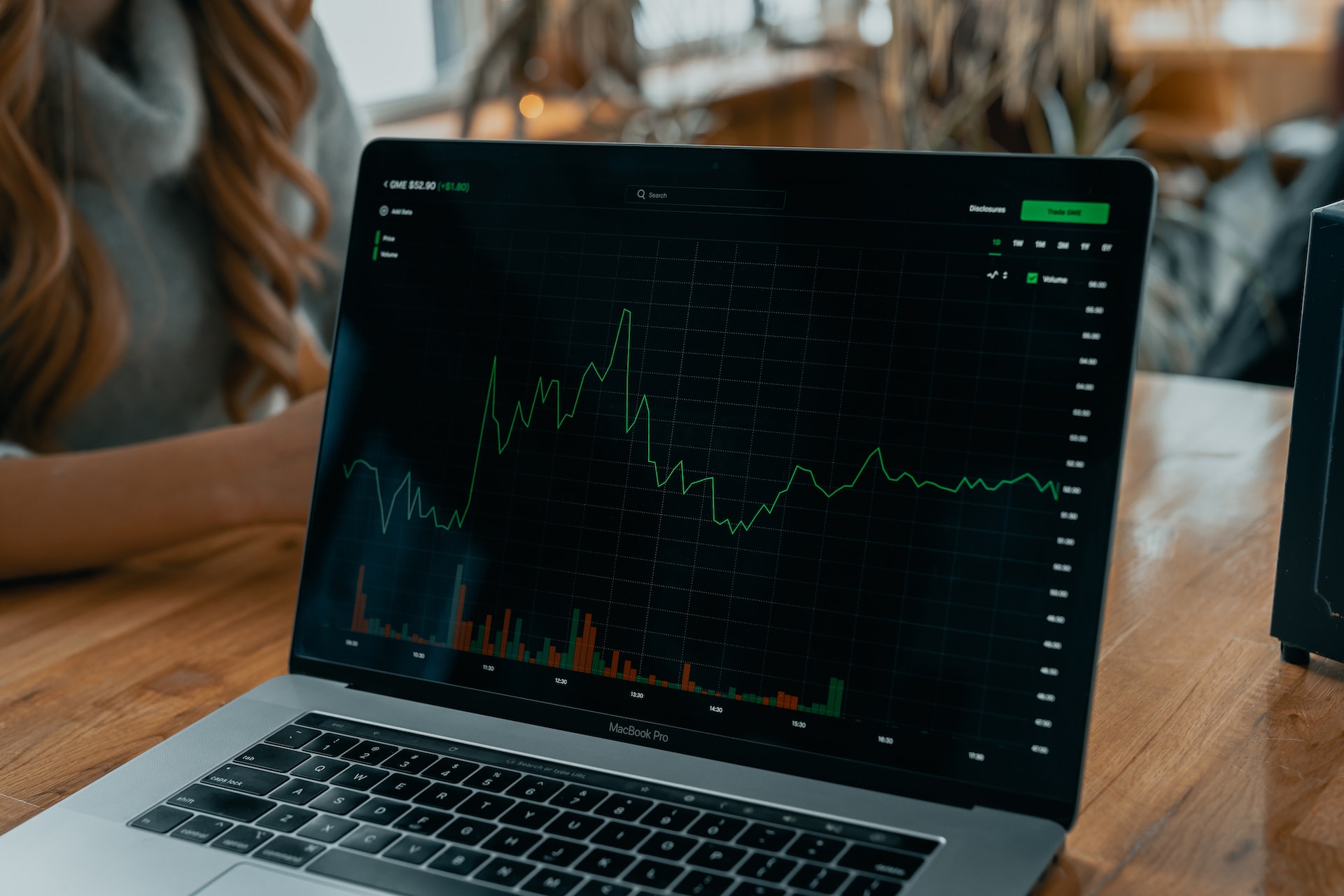In the competitive world of global finance, the foreign exchange market, or forex market, stands as a dynamic and intricate landscape where currencies worldwide are bought and sold. The global exchange of currencies, involves speculating on currency pairs’ price movements all come under Trading Forex. It’s one of the world’s largest and most liquid markets, with traders leveraging economic indicators, technical analysis, and geopolitical events to make informed decisions. Success demands strategic insight, risk management, and a deep understanding of market dynamics.
Contents
Understanding the Exchange Market
The forex market is one of the world’s most liquid financial markets, which has a daily trading volume exceeding $6 trillion. It operates 24 hours a day, five days a week, due to the different time zones across the globe. The primary participants in this market include central banks, commercial banks, multinational corporations, governments, and individual traders. Unlike traditional stock markets, where investors trade shares of companies, in this market, they trade currency pairs. Each of the currency pairs consists of a base currency and a quote currency. The value of the base currency concerning the quote currency is symbolised by the exchange rate. For example, in the currency pair EUR/USD, the base currency would be the euro (EUR), and the quoted currency would be the US dollar (USD).
Fundamental Factors Affecting Exchange Rates
Several fundamental factors influence exchange rates in the forex market. These include economic indicators, monetary policy decisions, geopolitical events, and market sentiment. Indicators of the economy, such as gross domestic product (GDP), inflation rates, and unemployment statistics, possess the ability to influence the value of a nation’s currency notably. Monetary policy decisions, such as interest rate changes by central banks, also play a pivotal role in currency valuation. Geopolitical events, ranging from elections to international conflicts, can trigger volatility in the foreign exchange market. Traders must stay informed about global developments and their potential impact on exchange rates. Additionally, market sentiment, influenced by news, rumours, and speculations, can lead to rapid fluctuations in currency values.
Developing a Strategic Approach to Foreign Exchange Trading
Success in the forex market demands more than luck; it necessitates a strategic approach grounded in knowledge, analysis, and risk management. Here are key steps to crafting a successful forex trading strategy:
1. Education and Research: Before diving into foreign exchange trading, individuals must acquire a strong foundation of knowledge about the market’s mechanisms, terminologies, and trading strategies. Learning from reputable sources, attending webinars, and reading insightful articles are excellent ways to build expertise.
2. Technical Analysis: Technical analysis involves studying historical price data and using chart patterns, indicators, and other tools to predict future price movements. Traders use techniques like trend analysis, support and resistance levels, and candlestick patterns to make informed trading decisions.
3. Fundamental Analysis: This approach involves evaluating economic indicators, interest rate differentials, and geopolitical events to gauge a currency’s potential direction. Fundamental analysis helps traders understand the broader economic context in which currencies operate.
4. Risk Management: Foreign exchange trading carries inherent risks due to market volatility. Traders must employ risk management strategies, such as setting stop-loss and take-profit levels, to protect their capital from excessive losses.
5. Demo Trading: Novice traders can practise their strategies in a risk-free environment by using demo accounts provided by many forex brokers. This allows them to gain practical experience without risking real funds.
6. Emotional Discipline: Emotional discipline is crucial for success in exchange trading. Traders ought to steer clear of hasty choices driven by fear or greed, opting instead to adhere to their clearly outlined strategies.
7. Continuous Learning: The forex market is constantly evolving. Successful traders never stop learning and adapting their strategies to new market conditions.
Conclusion
Decoding the world of foreign exchange and mastering strategic trading requires dedication, education, and a disciplined approach. The Trading Forex market’s complexity demands that traders combine technical and fundamental analysis while managing risks and controlling their emotions. With a solid foundation of knowledge and a commitment to continuous learning, investors can confidently navigate the ever-changing terrain of the forex market and potentially reap substantial rewards.



